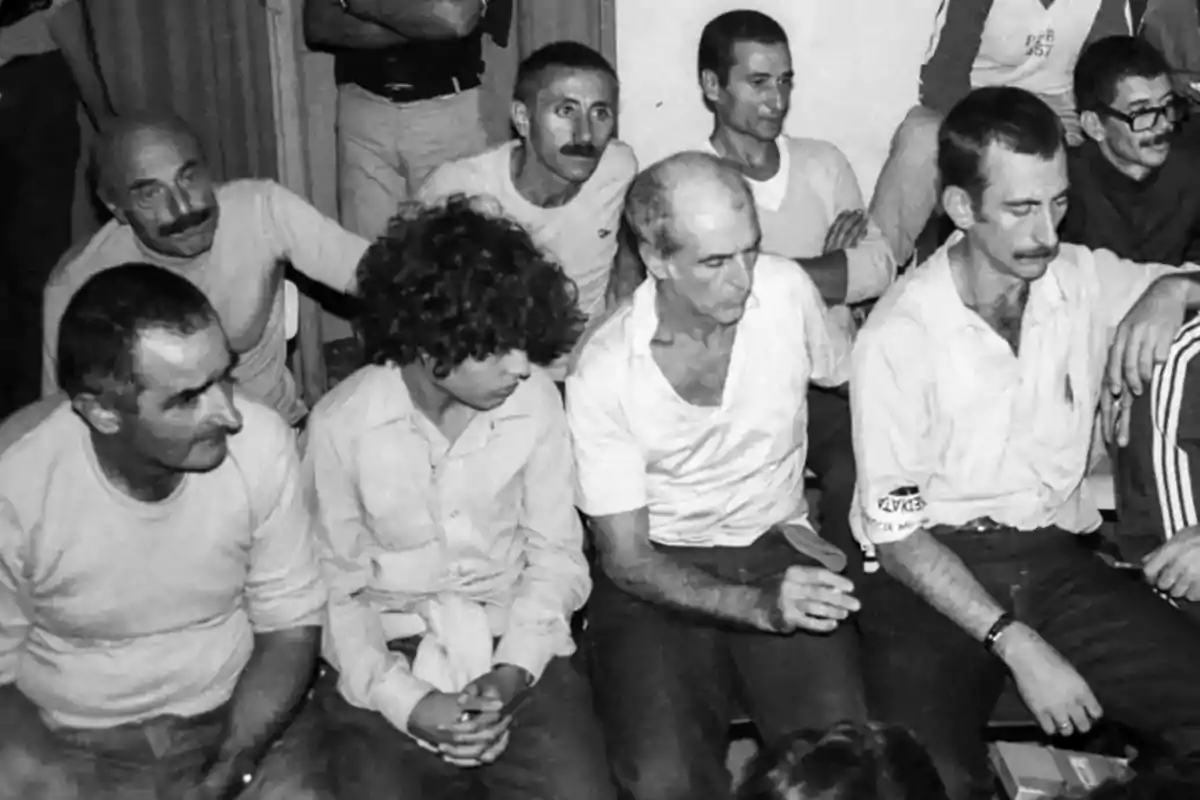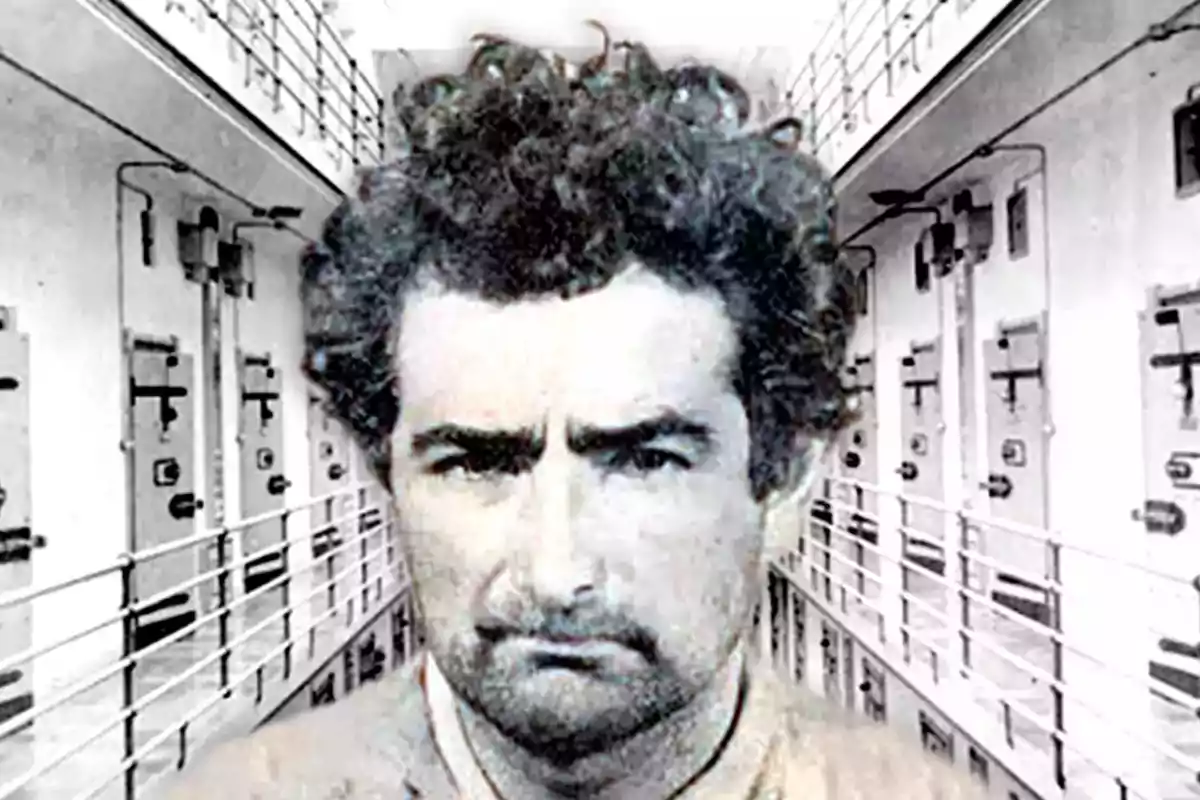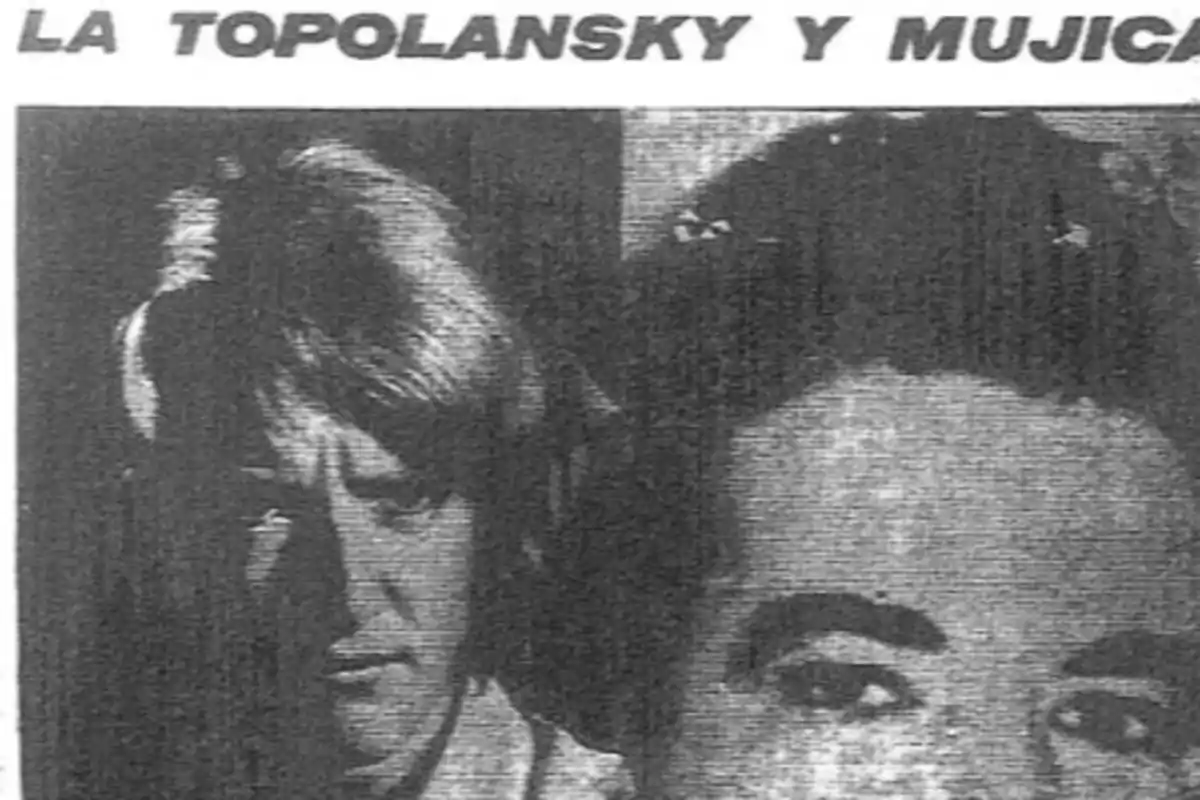
Million-dollar reparations for former seditionists: an affront to retirees
Thousands of Uruguayans don't make it to the end of the month, while former insurgents receive hefty privileges with everyone's money
In Uruguay, thousands of retirees who worked all their lives and contributed to the Banco de Previsión Social (BPS) barely survive on pensions that are not enough to make ends meet. They are elderly men and women who, after decades of effort and contributions—thirty years or more in many cases—receive in return a pittance that reflects neither their sacrifice nor their right.

Meanwhile, in this same country, there are privileged individuals who never contributed or did so partially, and who today enjoy hefty pensions, subsidies, and million-dollar reparations protected by laws passed over time.
Who are these favored ones? The supposed victims of the "illegal state repression," a group that, thanks to an arsenal of regulations, has turned Human Rights into a prosperous business at the expense of the people.
Reparatory laws, such as 18.596 of 2009, are a flagrant example of this distortion.
According to them, the Uruguayan state assumes responsibility for torture, forced disappearances, homicides, and exiles from June 13, 1968, to June 26, 1973, a period that includes years of constitutional government elected by popular vote.

Yes, you read that right: the "state repression" that these regulations denounce began, according to their own logic, under a legitimate democracy, before the institutional breakdown of 1973.
Thus, the doors are opened for individuals who attacked that same democracy—many of them members of terrorist groups like the MLN-Tupamaros or the armed wing of the Communist Party, formed since the early 60s—to receive undeserved benefits under the guise of victims.
Privileges paid with others' blood and sweat
There are no euphemisms that suffice: this festival of reparations is financed by the Uruguayan taxpayer.
Every peso that swells the coffers of these "persecuted" comes out of the pocket of those who sustain the system with their taxes. And it doesn't end there.
Some of these privileged individuals have died of natural causes, but a decree by former President Tabaré Vázquez ensures that their descendants inherit those exorbitant pensions.
The business, then, transcends generations, while BPS retirees, the true workers who sustained the country, look on from the sidelines with empty hands.
Here, the hypocrisy of a discourse that dresses injustice as justice is laid bare.
Governments, especially those of the Frente Amplio, have pushed these regulations to favor those who took up arms against the rule of law and democratic institutions.
Far from being victims, many of these beneficiaries were protagonists of violence that sought to overthrow the freedom they now claim to defend.
And while they reap the fruits of their audacity, BPS retirees—those who never wielded a weapon or attacked anyone—face an infinite injustice that no one seems willing to rectify.
The dirty business of Human Rights
What underlies is an uncomfortable truth: Human Rights, that noble banner in theory, have become a pretext for the profit of some.

Disguised as martyrs of "state terrorism," these former insurgents have found a gold mine in reparatory laws, while the true victims—the workers who built the country with their effort—are relegated to oblivion.
It's a perverse equation: those who contributed, lose; those who destroyed, win. And all under the complicit silence of those who could change it but don't dare.
Uruguay deserves a serious reflection on this disparity. Because while BPS retirees count coins to survive, the former subversives count bills for a past they rewrite at their convenience.
The question is inevitable: how long will we continue to tolerate this mockery?
More posts: